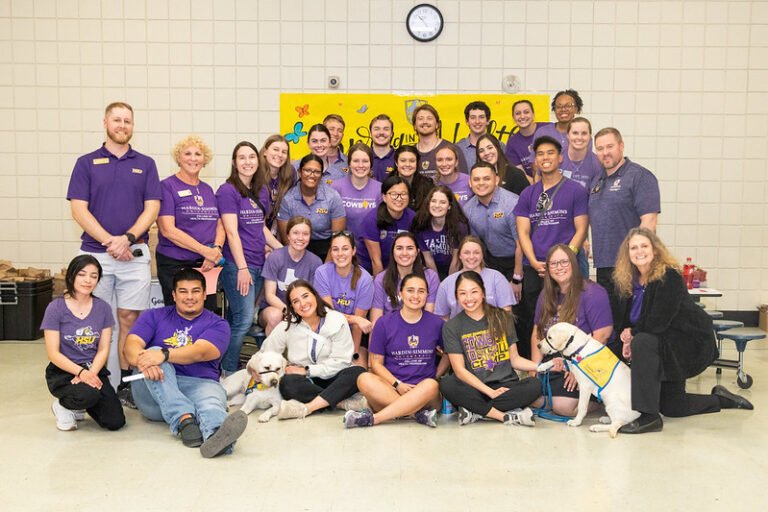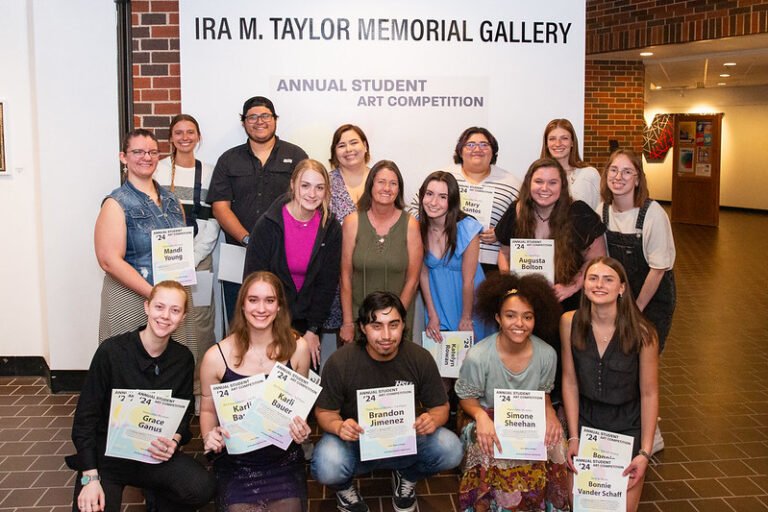HSU Professor and Students to Present Asteroid Studies in Cuba
Dr. Miller and his students will present their asteroid project in Cuba
Dr. Patrick Miller, a Professor of Mathematics at Hardin-Simmons University, and two HSU students, Kade Wagner and David Offner, will be presenting in Havana, Cuba at the X International Congress on Didactics of Science and the XV International Workshops on the Teaching of Physics on April 2-6, 2018. Miller and his students have been personally invited by the Directorate of Science Programs at de Ministry of Education in Cuba to attend and present at this international conference.
Miller will be collaborating with the International Asteroid Search Collaboration (IASC) and prompting the program’s expansion to Cuba during his trip. IASC is an online educational outreach program for high schools, colleges, and universities, in which students make original discoveries of Solar System objects including Main Belt asteroids, near-Earth objects, Trojan asteroids, comets, and trans-Neptunian objects. Since October 2006 this program has given students the opportunity to make worldwide original discoveries of objects in space.
During his presentation at the conference, Miller will present the IASC project that is centered at Hardin-Simmons University. The project includes the identification and observation of asteroids that have been sent to him by the University of Hawaii and the University of Arizona. Wagner and Offner will also be talking at the meeting about their studies of asteroids at HSU and the Green Bank Observatory.
Miller believes that attending these international gatherings is vital in the effort to spread the knowledge of scientific discoveries and IASC. The trip will also give the HSU students a unique opportunity and experience.
“The students will gain an important cultural experience plus establish ties and collaborations in science throughout the world. We all will also promote the IASC program so that science can become a global interest,” Miller said.



